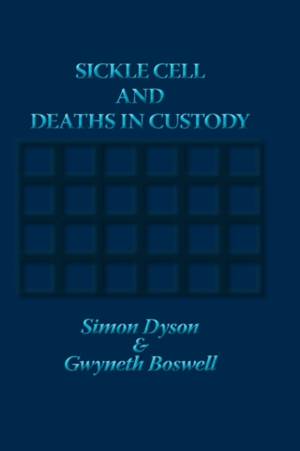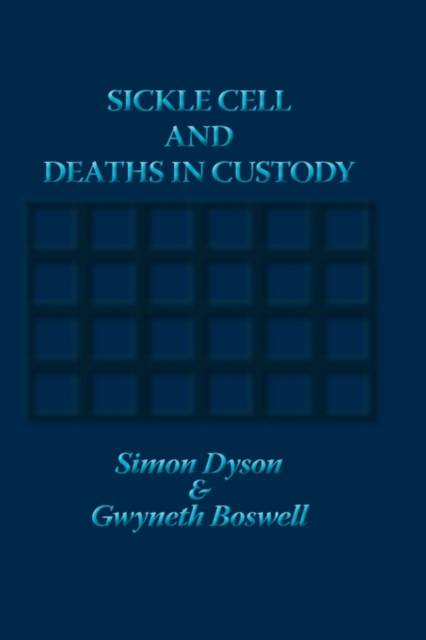
Bedankt voor het vertrouwen het afgelopen jaar! Om jou te bedanken bieden we GRATIS verzending (in België) aan op alles gedurende de hele maand januari.
- Afhalen na 1 uur in een winkel met voorraad
- In januari gratis thuislevering in België
- Ruim aanbod met 7 miljoen producten
Bedankt voor het vertrouwen het afgelopen jaar! Om jou te bedanken bieden we GRATIS verzending (in België) aan op alles gedurende de hele maand januari.
- Afhalen na 1 uur in een winkel met voorraad
- In januari gratis thuislevering in België
- Ruim aanbod met 7 miljoen producten
Zoeken
€ 101,95
+ 203 punten
Omschrijving
Sickle cell is a multi-system disorder that in the USA and the UK predominantly, but not exclusively, affects those of black and minority ethnic communities. The disorder is not widely understood, so, when a sudden death of a black man in official custody is blamed on sickle cell trait (for example, Martin Lee Anderson in the USA or Alton Manning in the UK) the worlds of health, criminal justice, and black politics collide. This ground-breaking book examines: - The myths about sickle cell disease - The context of racism in the criminal justice systems in the UK and USA - The misuse of sickle cell trait to explain away sudden deaths in custody - The historic neglect of health care within prisons in the UK and USA - The lack of care for those with sickle cell disease within the criminal justice system - The lessons both for criminal justice systems, and for human rights and sickle cell campaigners. The book will interest: - Members of the sickle cell community, including families, voluntary groups, and sickle cell chapters - Health professionals including doctors, nurses, counsellors, and specialist sickle cell workers - Members of the legal profession, including those specializing in inquests, human rights, prison law, criminal law, actions against the police, immigration, and clinical negligence - Those involved in the criminal justice system, including prison, police, court and probation services. - Coroners and medical examiners - Human rights, civil liberties, and justice organizations - Advocacy agencies representing black communities - University lecturers in criminology, sociology, social policy, 'race' and ethnic relations, law, nursing, and medicine
Specificaties
Betrokkenen
- Auteur(s):
- Uitgeverij:
Inhoud
- Aantal bladzijden:
- 232
- Taal:
- Engels
Eigenschappen
- Productcode (EAN):
- 9781861771155
- Verschijningsdatum:
- 10/06/2009
- Uitvoering:
- Hardcover
- Formaat:
- Genaaid
- Afmetingen:
- 156 mm x 234 mm
- Gewicht:
- 503 g

Alleen bij Standaard Boekhandel
+ 203 punten op je klantenkaart van Standaard Boekhandel
Beoordelingen
We publiceren alleen reviews die voldoen aan de voorwaarden voor reviews. Bekijk onze voorwaarden voor reviews.









